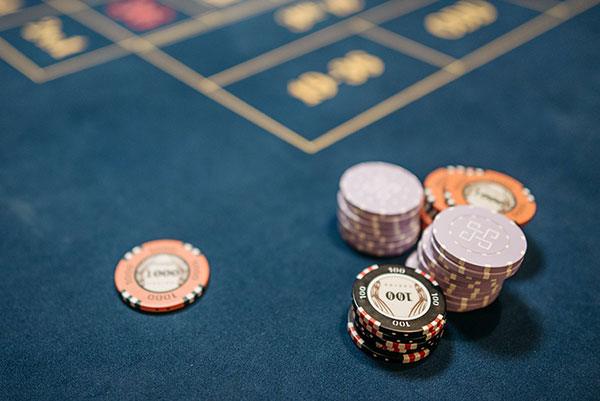Inside the Netherlands’ Evolving Gambling Market

Two years post the initiation of the Dutch regulated gambling market in October 2021, the landscape has experienced a noticeable slowdown in growth, according to the latest report from the Kanspelautoriteit (KSA), the Dutch gambling regulator. The report, released in the fifth online gambling monitoring edition, sheds light on key developments and trends shaping the industry in the Netherlands.
Slowing Growth and Market Dynamics
The data concerning various sites like Comeon, a legal online casino in the Netherlands, reveals that the gross gambling revenue (GGR) in the period from January to August 2023 grew by 8%, resulting in an annualized growth rate of 17%. While this marks a considerable deceleration compared to the previous edition’s 33% growth, KSA Chairman René Jansen emphasizes that the market is progressing as expected. This controlled growth, according to Jansen, necessitates an increased sense of responsibility among providers.
Jansen states, “The KSA continues to strictly monitor that Dutch players can gamble in a safe market, with sufficient attention to addiction prevention and insight into possible problematic gaming behavior.” This signals a commitment to maintaining a balance between market growth and ensuring the well-being of the players.
Player Account Numbers and Average Losses
One noteworthy aspect outlined is the slight decline in the number of active accounts, dropping 4% from 859,000 in January to 826,000 in July. It’s essential to consider that users often utilize multiple accounts, making it crucial not to equate this decline with an estimation of total player numbers. KSA estimates that, from February to July, approximately 676,000 Dutch customers engaged in gambling, with 417,000 participating each month.
On average, these players experienced losses amounting to €1,017 over the six-month period, translating to €170 per month. This data offers valuable insights into the financial dynamics of Dutch gamblers, raising important questions about potential implications for both players and the industry. The findings underscore the need for a nuanced understanding of player behavior and its broader impact on the evolving gambling landscape.
Channelization Targets and Responsible Gambling
Despite the overall slowdown, the report underscores positive developments in channelization – the percentage of users on legal websites rose to 93%, a 1% increase from the previous report. Additionally, new players displayed a strong commitment to legal offerings, achieving an impressive channelization rate of 98%. This aligns seamlessly with KSA’s target of directing 80% of users towards legitimate gambling options.
Furthermore, the report reveals a heartening surge in the number of players opting for the Dutch self-exclusion platform, the Central Register for the Exclusion of Gambling (CRUKS). As of August 2023, 48,000 users had enrolled, signifying a substantial 44% surge in just six months. This points to a growing awareness and utilization of responsible gambling tools, demonstrating a concerted effort to uphold player protection in line with regulatory objectives.
Impact of the Gambling Advertising Ban
This monitoring report is the first since the introduction of the Netherlands’ gambling advertising ban in July 2023. The ban restricts the broadcast of gambling ads across various media channels, including television, radio and print. It also extends to advertising in public places and introduces phased limitations on sponsorship and affiliate ads.
The report anticipates a decline in revenue due to the advertising ban, predicting that it will attract fewer players to online offerings. However, targeted advertising remains permissible in specific contexts such as streaming platforms, social media and direct mail.
Conclusion
The Dutch gambling market under regulation is undergoing a phase of transition and adaptation. The deceleration in growth, combined with alterations in advertising regulations, presents both challenges and opportunities for regulators and industry stakeholders alike. As the environment undergoes further changes, preserving a subtle equilibrium between nurturing a flourishing market and ensuring responsible gambling practices will remain pivotal for the gambling industry in the Netherlands in the coming years.


